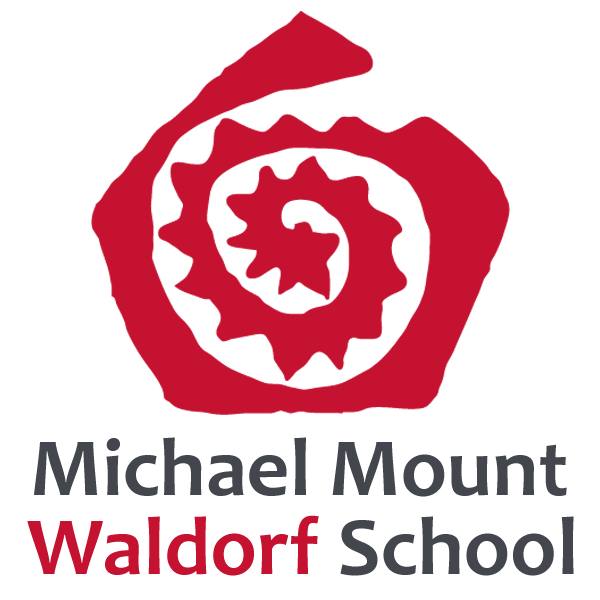Governance at Michael Mount
A system of shared governance
At Michael Mount, as at Waldorf schools around the world, the system of governance is rooted in Rudolf Steiner’s contributions to social reconstruction: he believed that a three-fold order (thinking, feeling, and willing) would lead to a more humane social life. Subsequently, the governance of Waldorf schools remains in the hands of the community. This means that the school is independent of the state (politics) and of financial gain (all Waldorf schools are NPOs).
In this system, all participants stand as equals, working cooperatively towards a shared ideal. At Michael Mount, we do not have a hierarchical structure. Instead, the school is governed by various entities which assume distinct undertakings and strive for consensus on major policy decisions. This ensures that responsibility remains in the hands of the educators, allowing for constant feedback, revision, and adaptation as we strive to do better.
The College of Teachers
The school is formally guided by the College of Teachers. College is considered the ‘heart’ of the school and is composed of 14 longstanding teachers from different areas in the school.
Their mandate is to nurture, protect, and support the well-being of the school’s students and teachers. They meet once a week to make decisions regarding the overarching life and ethos of the school. This includes the school’s educational policy, curriculum development, professional development and support of staff, and fostering parent and community education.
The good of the school is always the overriding consideration. Decision-making is by consensus through reflective practice so that, although everyone may not agree on a certain point, the process has allowed each person to make his or her best effort to find the truth and feel satisfied with the decision.
Council of Management
The school is legally and financially guided by the Council of Management. This body is composed of a combination of parents, administrative staff, and teachers. The Council has a chairperson, deputy, and a treasurer, as well as other portfolios such as marketing, and other areas as needed.
Parents serving on Council are elected biannually at the Annual General Meeting and offer specific skills, insight, and wisdom in their respective fields.
Council is responsible for the legal and financial wellbeing of the school – planning, policy, quality monitoring, health and safety, maintenance, costing, and insurance – to name a few.
The Executive
Executive is considered the ‘working arm of College’ and is usually comprised of 3 teachers from different areas of the school, the administrator, the deputy administrator, and the pedagogical coordinator. It is the task of Executive to carry out the policy decisions made by College.
The School Coordinator
The School Coordinator is responsible for liaising with College and Council to ensure the follow-through of plans and policy. They act as a school liaison and engage with various government and educational bodies. This person is also responsible for the human resources of the school and oversees the school’s holistic strategic development.
Pedagogic Coordinator
This is an intermediary role that requires a strong, practical connection to the educational needs of the school, faculties, and students. The Pedagogic Coordinator liaises with College, teachers, and parents to ensure the pedagogic development of the school. This person is also responsible for the educational development of the school and interfaces with mandates and working groups.
Mandates and faculties
All teachers form part of their respective faculties (Early Childhood, Primary School, and High School) and participate in various school mandates. The mandates ensure that the decisions made in all areas of the school place the needs of the students and educators at the forefront. These include Building, Finance, Personnel, Teacher Training and Executive. There are also various working groups such as outreach, aftercare, festival committees, etc.
Community Representitives
This is a group of parents representing each class in the school, who participate in collaboration, dialogue, and volunteer work to sustain the community life and spirit of the school.

